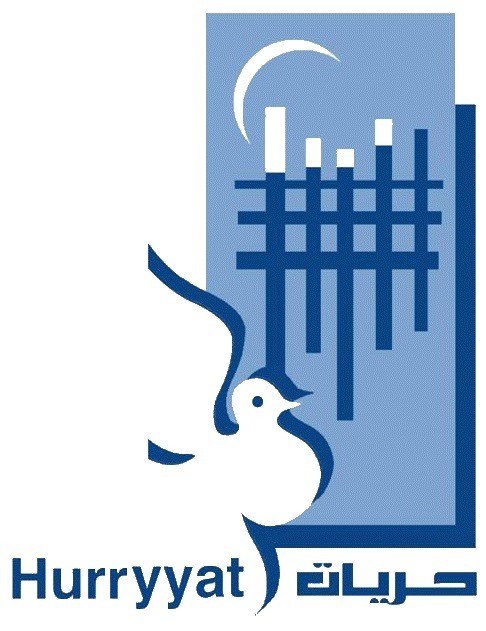The Center for Defense of Liberties and Civil Rights “Hurryyat” presented before the Special Committee to Investigate Israeli Practices Affecting the Human Rights of the Palestinian People and Other Arabs of the Occupied Territories. Their testimony focused upon the conditions of prisoners in the occupation prisoners, particularly sick prisoners, and the issue of the Israeli Occupation Authority arbitrarily banning the travel of tens of thousands of Palestinians.
Legal Counselor Rizeq Shuqair represented the Center before the committee in the Jordanian Capital Amman manifesting the detention circumstances of prisoners, asserting the presence of 6000 prisoners. 1000 of them suffer health issues while 25 of them are women, 160 are children 20 of whom are under the age of 15, 73 of the prisoners were liberated by the Shalit Prisoners Exchange 54 of whom were rearrested under their previous verdicts, 396 administrative detainees 5 of whom are members of the legislative council, and 30 veteran prisoners their release repudiated by the Occupation Authorities.
As for Sick prisoners, it was made clear that 200 of them suffer chronic diseases 85 of whom are in critical conditions where 28 are diagnosed with cancer while 24 are either crippled or partially disabled.
Light was shed on the case of martyr Raed AL-Ja’abari who lost his life after being brutally assaulted during his transfer from Ofer Prison to Eshel Prison, and the case of martyr Jaafar Awad who died due to medical negligence.
Concerning the issue of the travel an, the Center provided a historical view of the practice of such a policy by the occupation, and submitted information and statistics from official Palestinian sources as well as the Center’s own research. It was noted that the committee report covers the cases of only 60 thousand banned citizens from Hebron, 21 thousand from Tul-Karm, and 18 thousand from Qalqilia. This year of 2015, 185 were banned in June and 279 in July. As for 2014, 5375 citizens were denied leave.
The Center handled 66 cases banned from travel and corresponded with the competent Israeli authorities. The Center received 52 responses after a while where 44 cases were categorically rejected and 8 were given travel permissions of no impediment. The Center is now heading for the Israeli Court of Justice concerning 7 other cases.
Moreover, the committee was informed of the Center’s campaign against the travel ban where an initiative of forming follow-up committees in the governorates is crystalizing aiming for a work that will collect the signatures of affected persons to be handed to the United Nations Secretary General demanding his immediate Intervention in terminating this policy.

